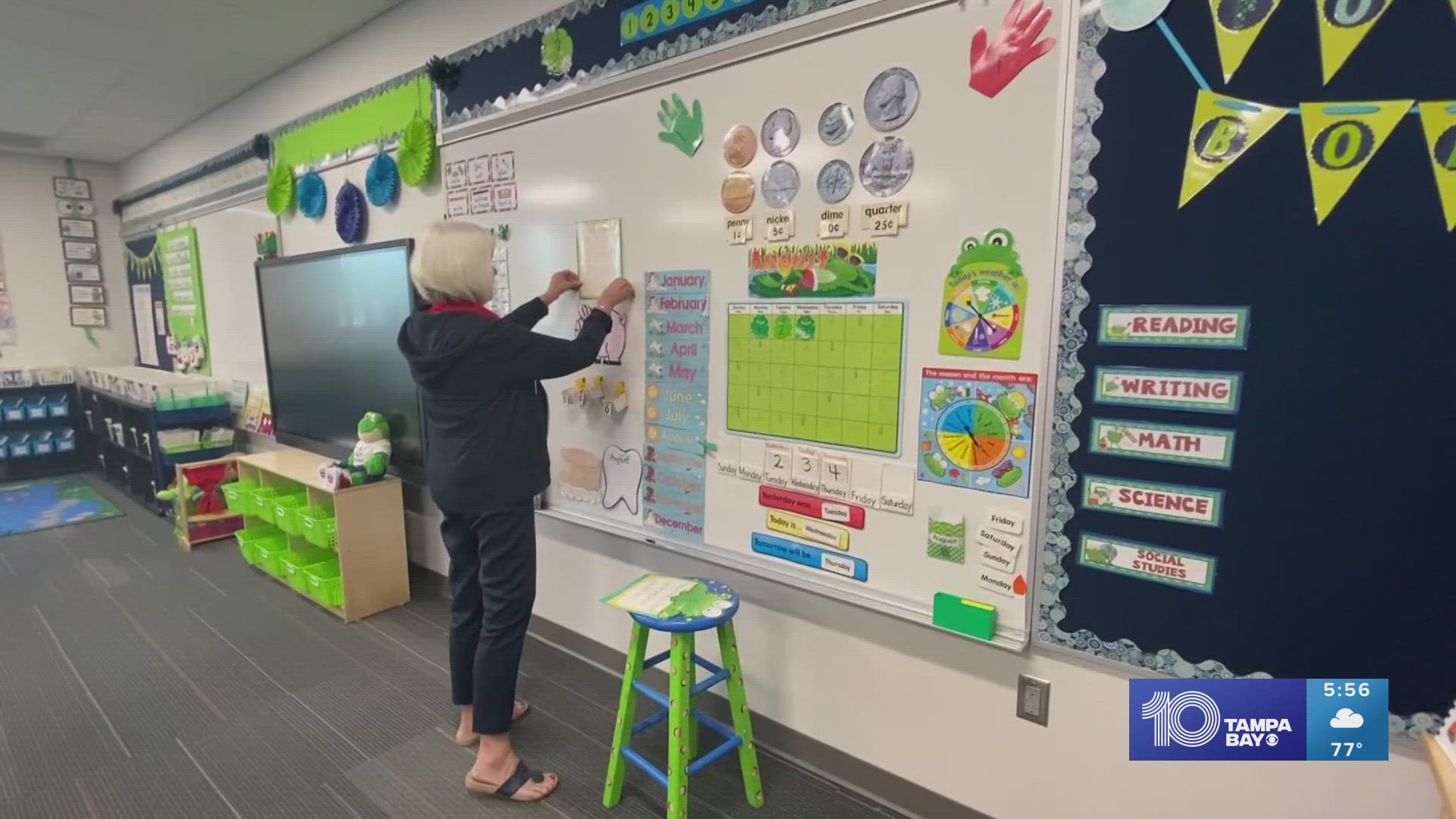ST. PETERSBURG, Fla. —
The Florida Lottery champions itself as a win for students in the state because of its donations toward public education. Officials recently announced the lottery's contribution to Florida education has exceeded $46 billion since its inception in 1988.
But 10 Tampa Bay viewer Darlene R. in Lutz wanted to know if the Florida Lottery is really funding education as it's being marketed.
THE QUESTION
Does money from the Florida Lottery go toward education?
OUR SOURCES
- The Florida Lottery
- Florida Department of Education
- Ross Rubenstein, researcher at Georgia State University
- Tanya Arja, Hillsborough County School District Chief of Communications
THE ANSWER
Yes, the Florida Lottery does help fund public education, but it might not be the jackpot you think it is.
WHAT WE FOUND
According to the Florida Lottery, roughly 25 cents of every dollar spent on a ticket goes into what’s called the Educational Enhancement Trust Fund, which is managed by the Florida Department of Education (FDOE).
Every year, that money gets dispersed between public schools, Florida colleges and universities, and the Bright Futures Scholarship.
FDOE publishes an annual report that breaks down exactly how that money is split, along with what that money is appropriated for.
Tampa Bay’s largest school district, Hillsborough County, has received about $50 million from lottery subsidies in each of the past few years. It's a fraction (about 0.0125%) of the district's overall $4 billion budget.
What those funds are used for isn’t always up to the institution it’s awarded to, however. Public school districts in Florida have not been awarded what’s called “discretionary” lottery funding since 2020, according to annual reports.
Tanya Arja, chief of communications for the Hillsborough County School District, told VERIFY the lack of discretionary funding is because the state legislature “has not put it in the budget.”
FDOE’s reporting shows more than $134 million in discretionary funding for the 2020-2021 school year was vetoed.
Funding allocated to school districts is to be used for workforce development and operations at public schools. Arja said that includes nonrecurring bonuses to faculty and staff, nonrecurring expenses and equipment or classroom materials, or temporary personnel to help student performance.
Ross Rubenstein, a Georgia State University professor who has extensively researched lotteries, says trends show lottery profits are replacing state funding instead of providing additional funding.
“It’s not a very stable revenue source. It’s not even a very big revenue source, really, if you compare it to the big taxes: income taxes, sales taxes, property taxes – things like that,” Rubenstein told VERIFY. “It doesn’t typically fund a big chunk of the state’s full budget or even just the education budget.”
10 Tampa Bay reached out to FDOE to ask why discretionary funding hasn’t been given out since 2020 and has not heard back.

